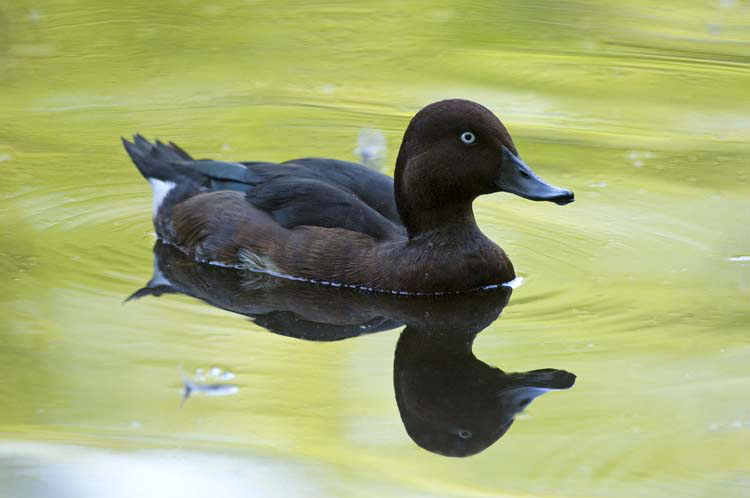Global warming and direct anthropogenic impacts, such as water extraction, largely affect water budgets in Mediterranean wetlands, thereby increasing wetland salinities and isolation, and decreasing water depths and hydroperiods (duration of the inundation period). These wetland features are key elements structuring waterbird communities. However, the ultimate and net consequences of these dynamic conditions on waterbird assemblages are largely unknown. A regular sampling of waterbird presence through one annual cycle was combined with in-situ data on relevant environmental predictors of waterbird distribution to model habitat selection for 69 species in a typical Mediterranean wetland network in southwestern Spain. Species associations with environmental features were subsequently used to predict changes in habitat suitability for each species under three climate change scenarios (encompassing changes in environmental predictors that ranged from 10% to 50% change as predicted by regional climatic models). Waterbirds distributed themselves unevenly throughout environmental gradients and water salinity was the most important gradient structuring the distribution of the community. Environmental suitability for the guilds of diving birds and vegetation gleaners will decline in future climate scenarios, while many small wading birds will benefit from changing conditions. Resident species and those that breed in this wetland network will also be more negatively impacted than those using this area for wintering or stopover. A tool that can be used in a horizon-scanning framework to identify emerging issues in waterbird conservation and to anticipate suitable management actions is provided here. informacion[at]ebd.csic.es Ramírez et al (2018) How will climate change affect endangered Mediterranean waterbirds? PLoS ONE 13(2): e0192702. https://doi.org/10.1371/journal.pone.0192702









 Las altas temperaturas están provocando que las lagunas y las marismas de Doñana pierdan agua rápidamente
Las altas temperaturas están provocando que las lagunas y las marismas de Doñana pierdan agua rápidamente



